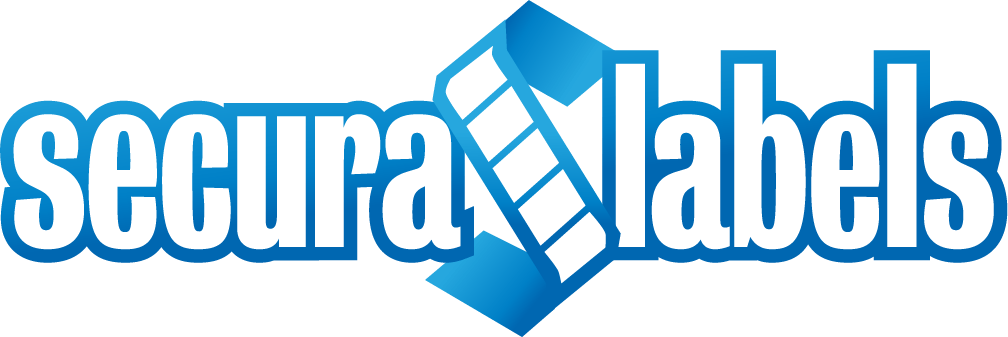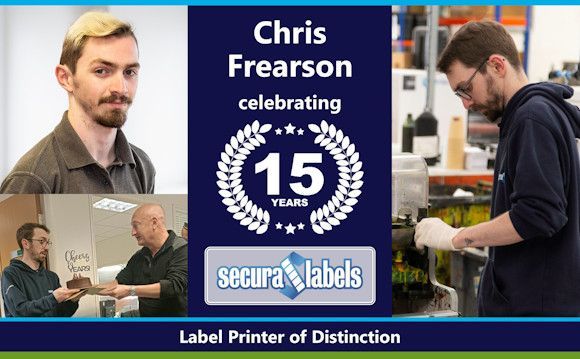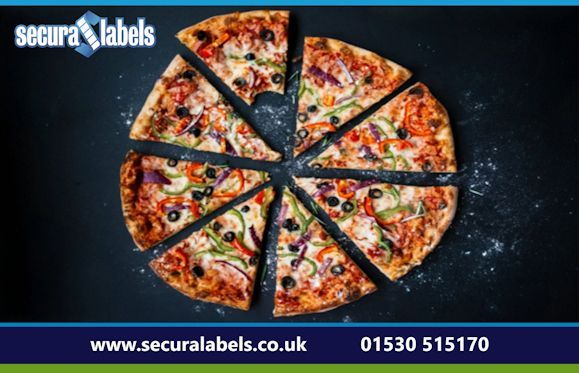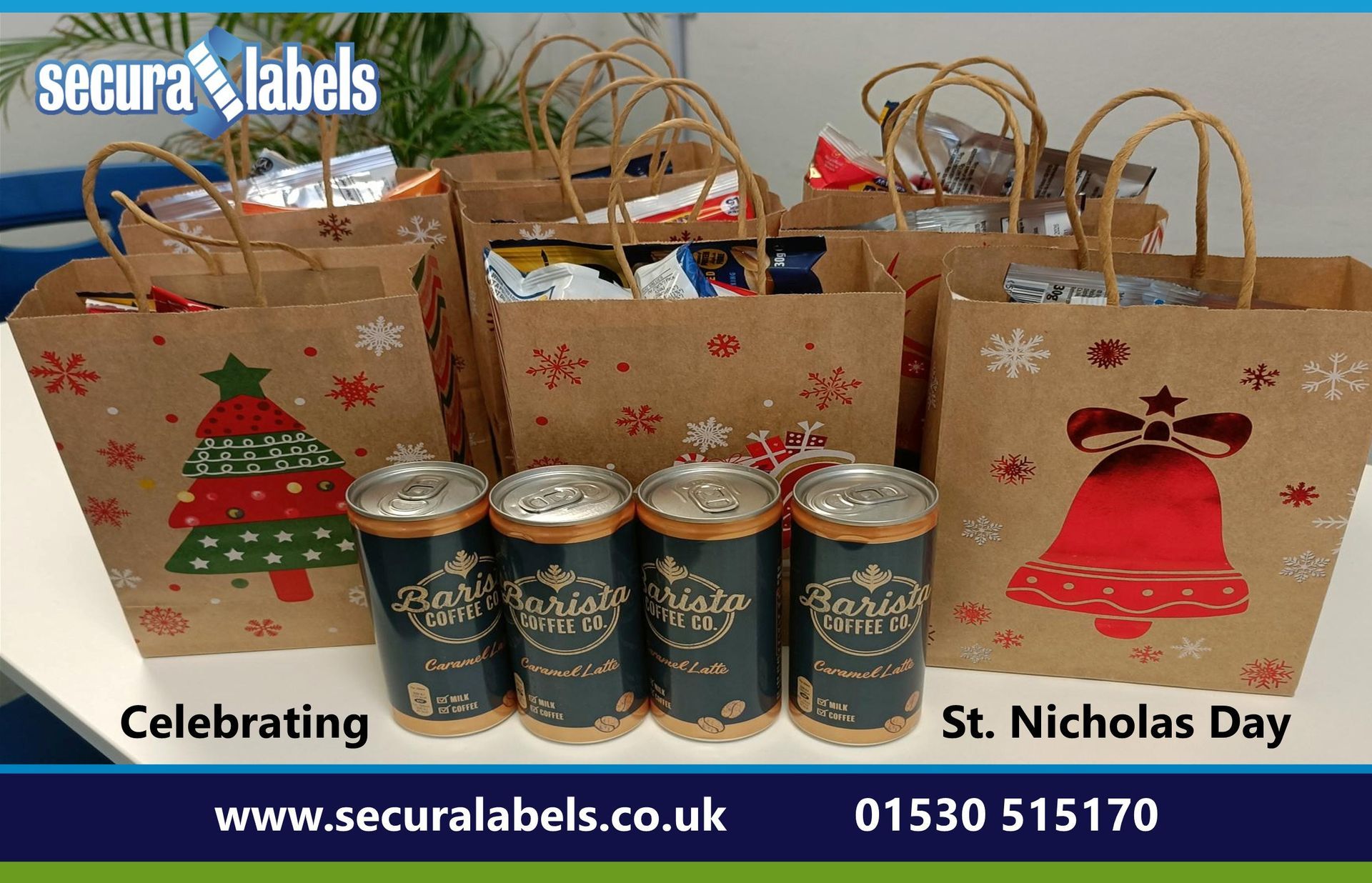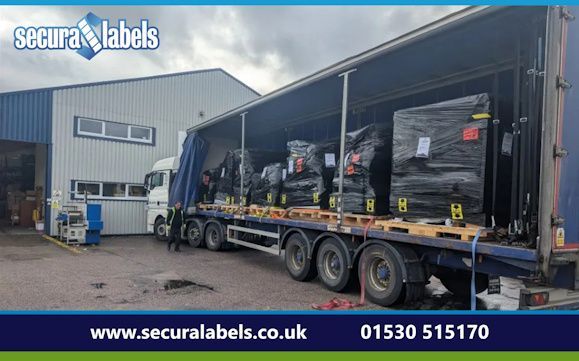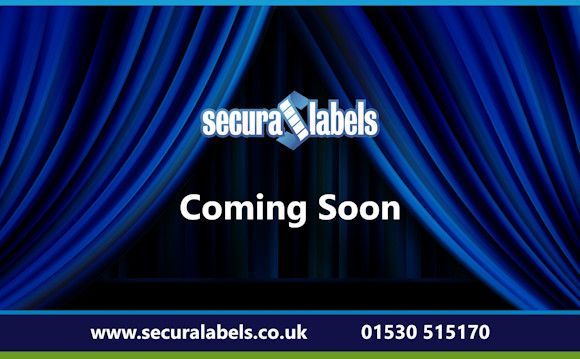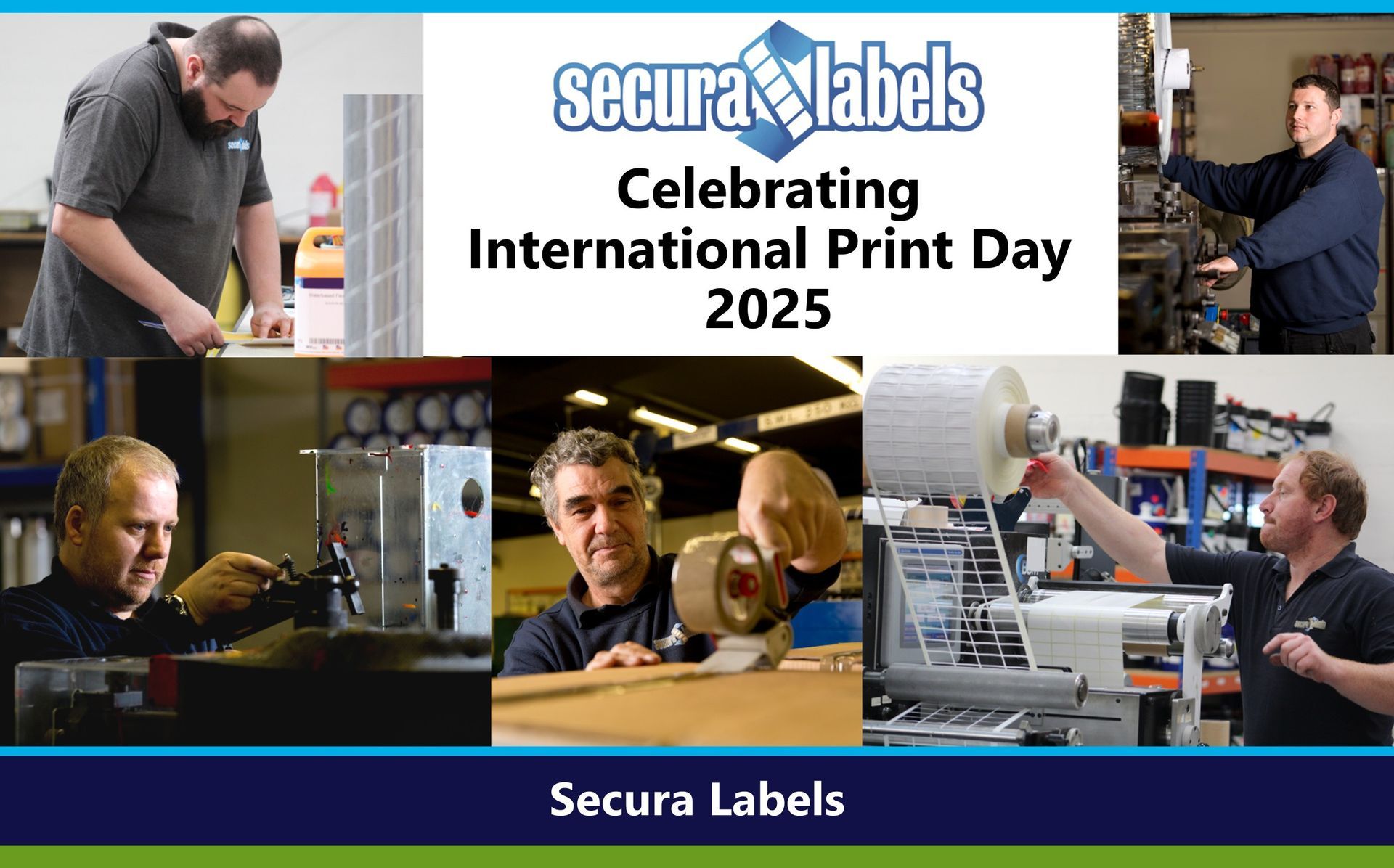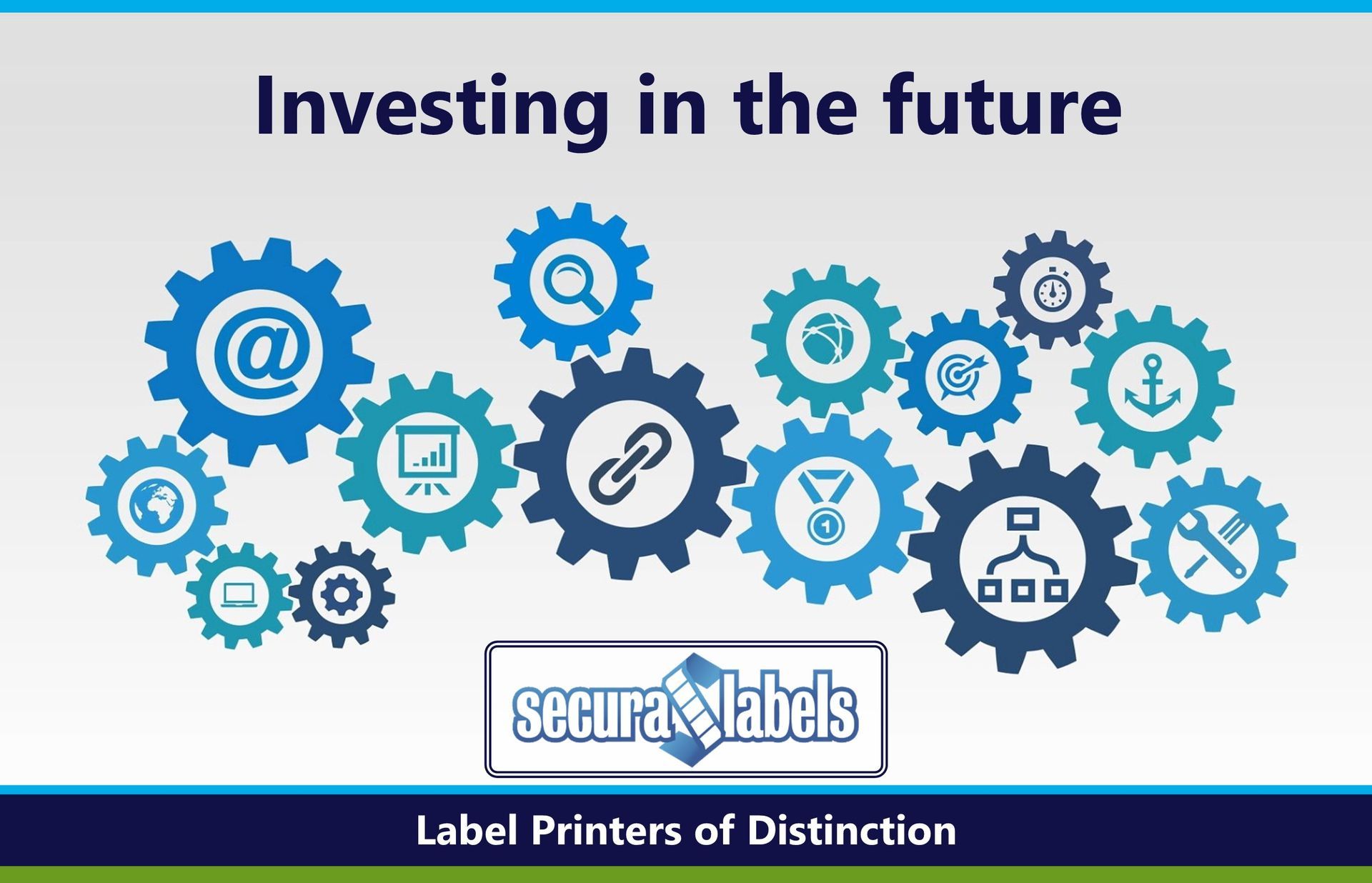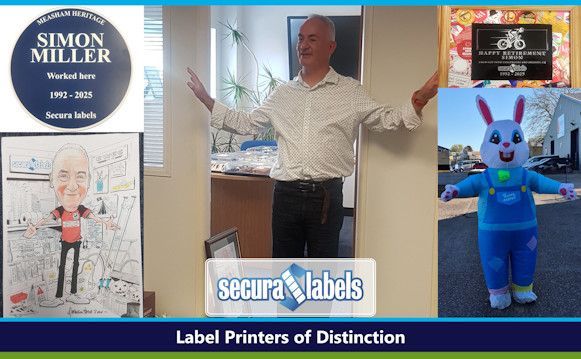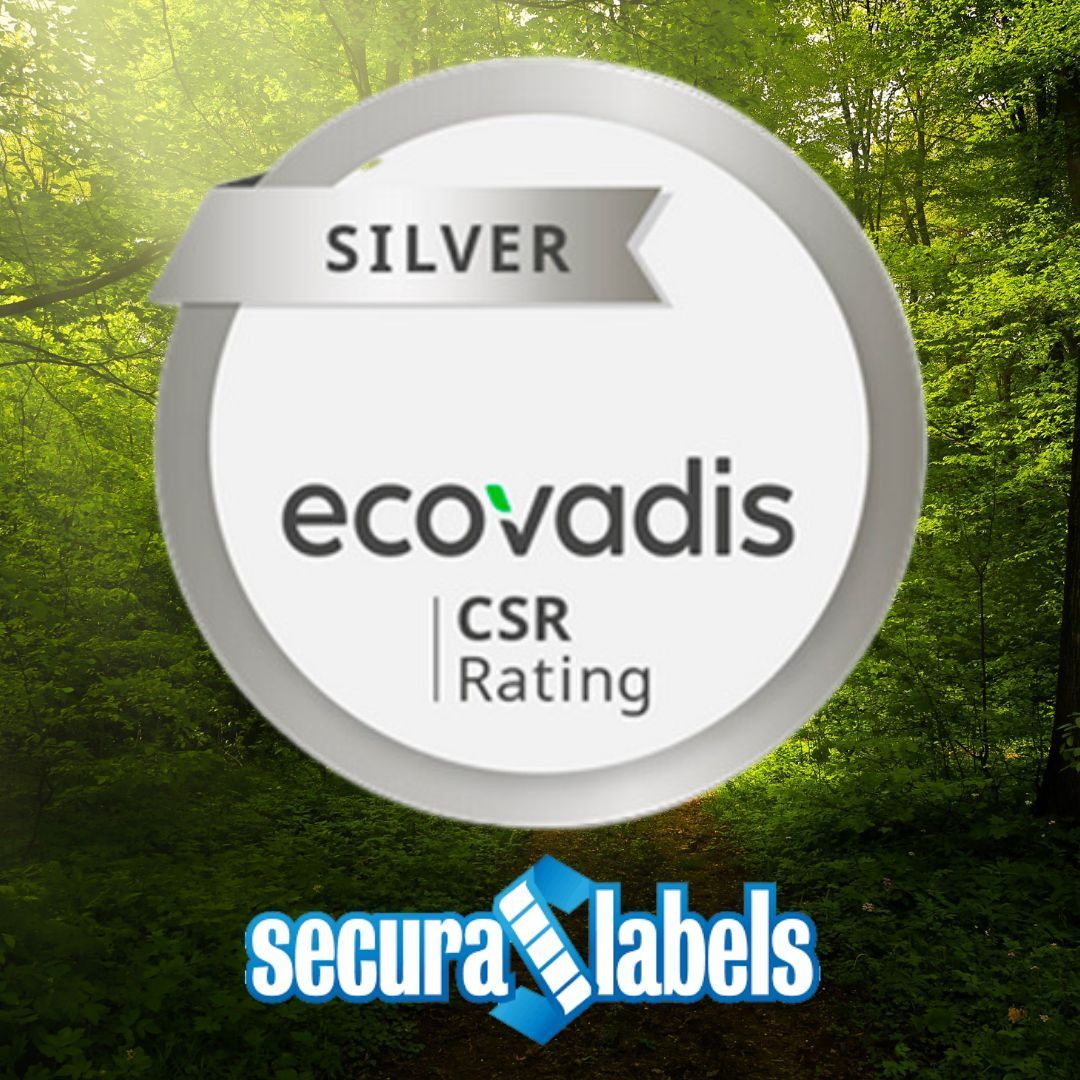Plastic V Board
While not directly relating to labels or ourselves, we noted two articles recently, appearing within minutes of each other and seemly without reference to / or in relation to each other. The two posts make for interesting reading when we try to consider the most sustainable materials, both in the packaging market and beyond. We do not make comment one way or the other, but remind you that we do have options in both paper and synthetic that, to a greater or lesser degree, are more sustainable than standard products.
We do all agree here though, the author of "Post One", obviously assumes that all consumers will recycle correctly. (?)
(Both posts appeared on Linkedin on or around Tuesday 30th January 2024)
Post One -
"More smoke, mirrors, and anti-plastic Bull💩 that will actually create more damage to the planet! Honestly, I find the story around this to be shocking and frankly deceitful.
I do not have the “before” and “after” to hand (and I’m not about to waste time driving around the country trying to find them). But a quick “ask the expert” has told me that working on a basis of x2 is a very reasonable (low) assumption.
So let’s first look at their sentence: “Sainsbury’s is repackaging its own-brand mushrooms in cardboard punnets, which is set to remove enough plastics from its operations to match the weight of 43 full double-decker buses in London.”(aka 227 tonnes). Let me re-write it: “Sainsbury’s is repackaging its own-brand mushrooms in cardboard punnets, which is set to ADD enough CARDBOARD TO its operations to THE TUNE OF CIRCA 454 TONNES (227 x 2).” And this is being applauded? 🤯
The use of phrases like: “The move is thought to save over 775 tons of plastic” – makes readers and consumers assume this is a good thing; “Making a collective effort with suppliers to increasing recycled content and recyclability for all customers has helped achieve our biggest ever plastics removal so far” – here’s a thought, use the greenest material (plastic) but with a higher recycled content, and then educate your customers better.
So let’s also take a quick look at the transport only element of the carbon footprint of the considerably heavier new punnets.
• From manufacturer to mushroom farm(s)
• From farms to Sainsbury Regional Distribution Dept
• From RDC`s to stores
• From stores to customers’ homes
• From customers recycling bins (let’s assume that the coating on the cardboard hasn’t actually rendered the material un-recyclable, (whilst remembering that the plastic is without question 100% recyclable) to the recycling plant.
I won’t even get into the complexities of the power used for either and the amount of times each can be recycled (pro tip: plastics win both times)
And let’s not forget that the punnet is still wrapped in …. You’ve guessed it …. Plastic! Because we all know that without plastic mushroom wastage would go through the roof!"
Post Two -
"Plant-based food manufacturer Upfield has announced the "world's first" plastic-free recyclable tub for its plant butters and spreads," reports Phoebe Fraser.
In the last couple of years, we've seen an uptick in sustainable packaging, but I think we'll see even more businesses embracing it this year. Packaging like this can greatly reduce plastic waste. In fact, with these plastic-free tubs, "Upfield aims to replace up to two billion plastic tubs by 2030, saving over 25,000 tons of plastic waste per year."
Imagine how much plastic waste we could reduce with innovations like"
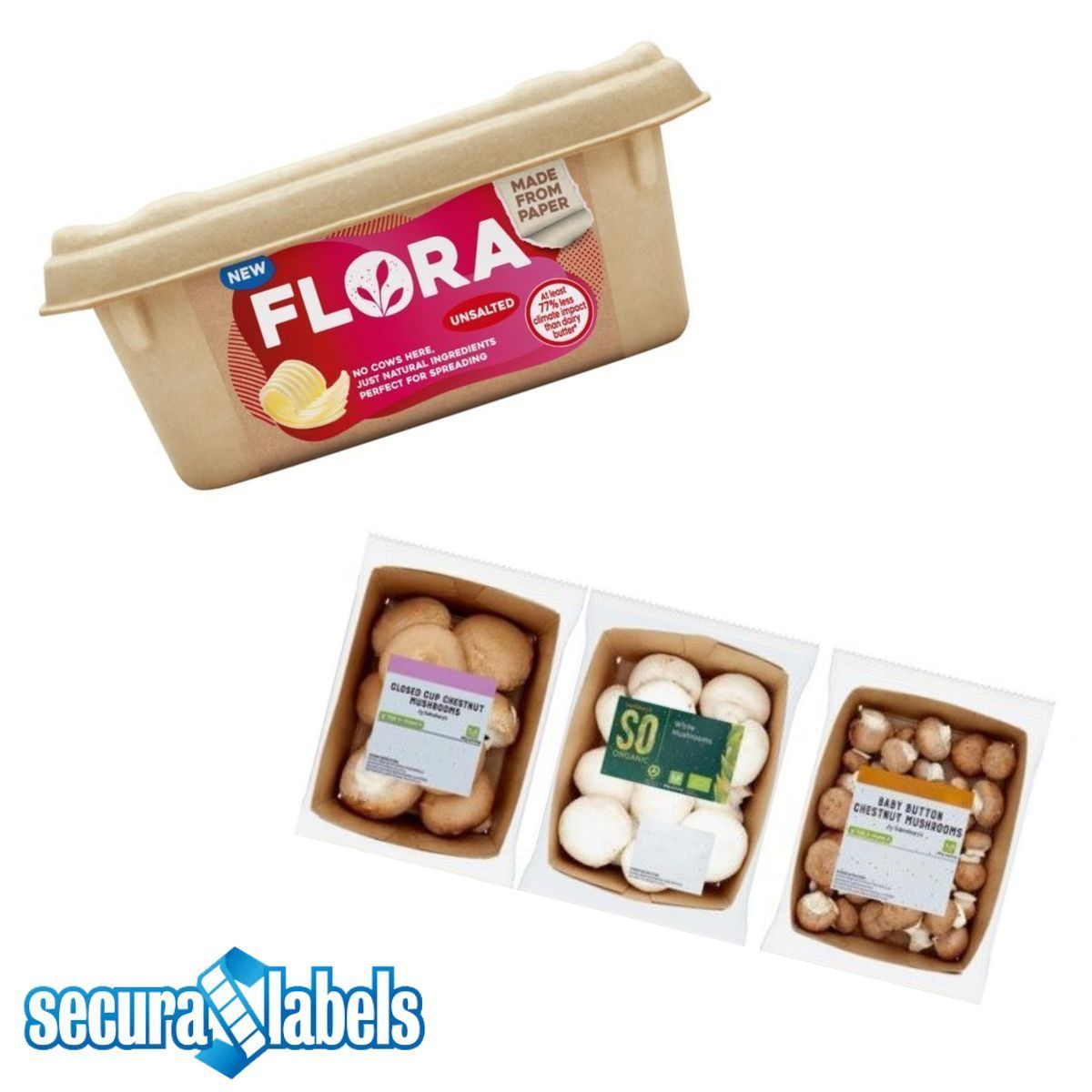
New Paragraph
